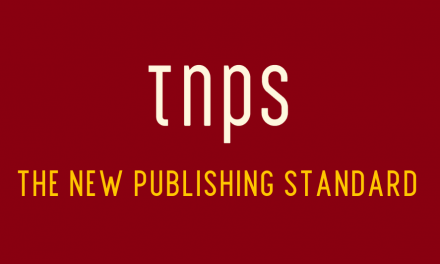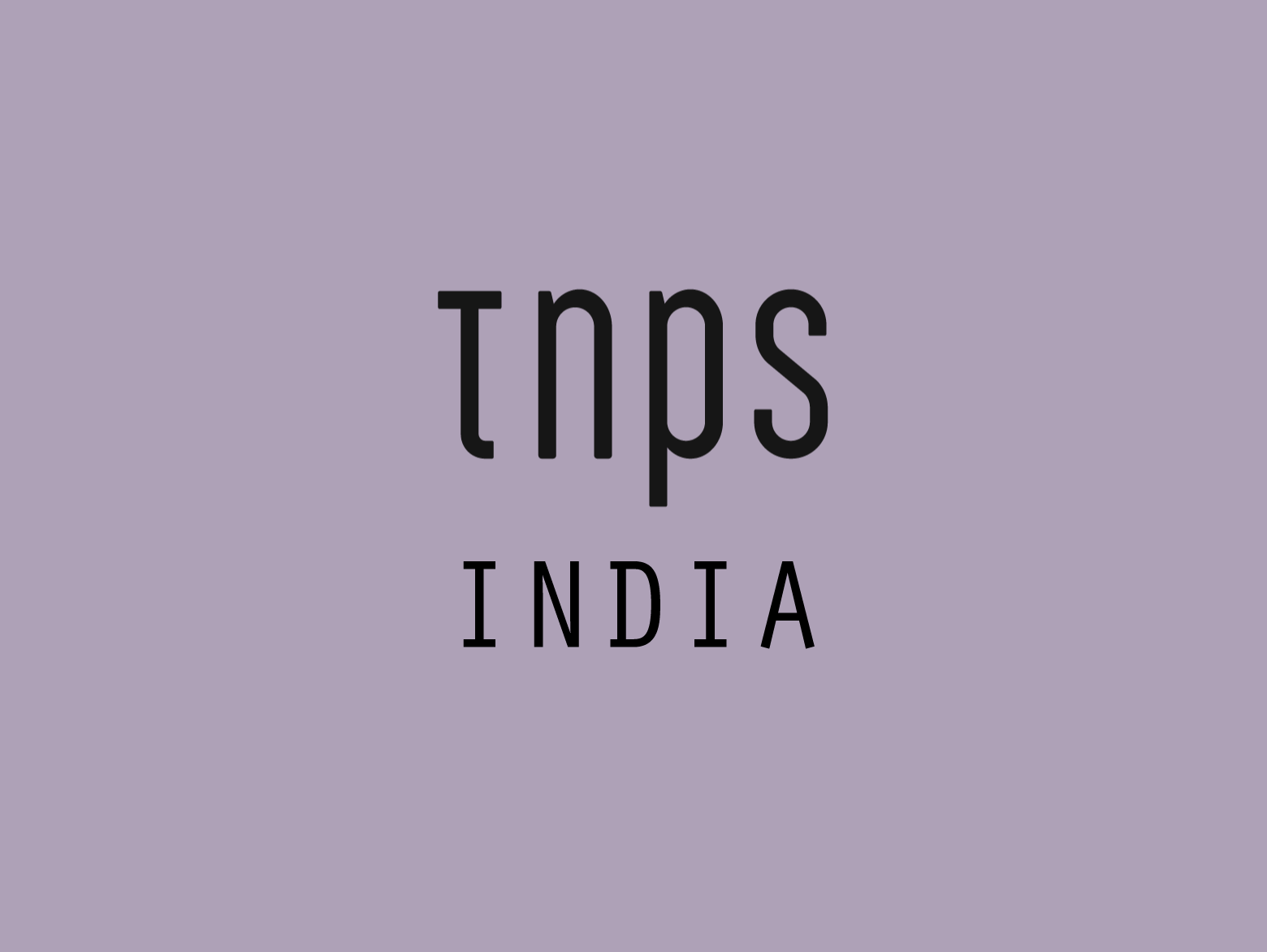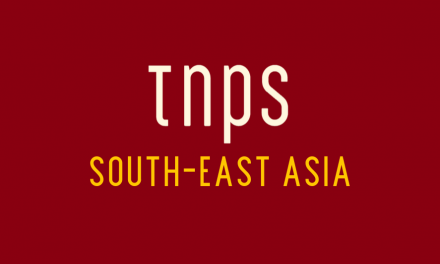When StreetLib launched The New Publishing Standard in September 2017 we made clear the function of the journal was to stimulate debate about the much-neglected global book markets. It was not a StreetLib promotional tool, and not a vehicle to advocate digital at the expense of traditional formats.
But occasionally StreetLib becomes part of the news.
As we entered the fifth year without a new Kindle store; as we watched the new Apple Books roll out with no new ebook stores; and as we saw the Google Play Books roll-out abandoned, with the news Google Play would be opening no new ebook stores in Africa beyond the existing portals in South Africa and Egypt, it was clear that we could not sit back and wait for the Big 5 ebook retailers to blaze new trails.
What follows is the press release from StreetLib this week:

[Press Release] StreetLib launches publisher portals in 21 countries across 6 continents in first stage of 2019 global expansion
Loreto, Italy 4 February 2019.
The Italy-based digital books aggregator StreetLib has concluded the January tranche of its global expansion programme, launching author and publisher portals in 21 countries across 6 continents, beginning with Egypt to mark the Golden Jubilee of the Cairo International Book Fair.
As the month ended portals went live in Nigeria, Kenya, Ghana, South Africa, Mexico, Spain, Guatemala, Argentina, the Dominican Republic, Finland, Sweden, Malta, Australia, New Zealand, Fiji, Singapore, Malaysia and the Philippines, Jamaica and the Bahamas.
StreetLib CEO Giacomo D’Angelo said:
The global book markets have been a focus for StreetLib since we began in 2006, a year before the Kindle store launched. But our role as a gateway distributor providing a conduit for digital content into the ebook retail, library and subscription services has always been limited by the realities of the digital distribution infrastructure, which has failed to keep up with the growth of the internet.
Today there are more than four billion people online. There are more people online in Africa, for example, than there are in either North America, Latin America or the EU.
Kenya has more people online than Spain. Nigeria, the Philippines and Indonesia both have more people online than the UK. India has more people online than the USA.
In theory anyone, anywhere in the world with an internet connection can in 2019 buy, download and read ebooks and listen to audiobooks on their phones or tablets, no matter how far away their nearest book store is. And authors and publishers, no matter where they are, can upload and sell books to those readers.
But the reality is, in many parts of the world ebooks and digital audio are all but unavailable to consumers, and access to the digital book markets all but unavailable to authors and publishers.
In September 2017 we launched an online journal, The New Publishing Standard (TNPS), to try stimulate debate about, and accelerate the development of, the global book markets.
It certainly succeeded in its first objective, opening the eyes of many to the true scale of the global market and the incredible interest in books in parts of the world widely regarded in the west as publishing backwaters where nobody reads.
TNPS in 2018 tracked over 50 million visitors to book fairs and festivals outside the US and UK, and has shone a light on the challenges and opportunities for both digital and print in the emerging markets.
We are, for example, a huge admirer of Andrew Yap and Jacqueline Ng’s Big Bad Wolf operation, which was our TNPS Story of the Year. Last year Big Bad Wolf took 31 million mostly English-language print books to countries across south and SE Asia, attracting over 3 million visitors. This year Big Bad Wolf plans to double that.
Yet none of the Big Bad Wolf countries — Malaysia, Singapore, Thailand, Sri Lanka, Taiwan, UAE, Philippines, Myanmar — have Kindle or Apple ebook stores. Consumers struggle to access digital books and authors and publishers have little access to the global book market, in print or digital.
We hoped, and still hope, the Big 5 western ebook retailers might rise to the occasion, but meanwhile we decided to set the ball rolling ourselves.
Alone among the western aggregators our StreetLib website is now in six languages — Italian, English, Spanish, Telugu, Tamil and Hindi, with more languages to come this year.
While books in all languages can be uploaded, not all languages are supported by all our retailer and library partners. Amazon, for example, supports only forty languages, mostly west European.
To solve that problem we have the StreetLib International Store where, appropriately in this UNESCO Year of Indigenous Languages, books in all languages can be uploaded and sold, and anyone anywhere in the world can buy from, in multiple currencies.
Then we commenced 2019 with our global roll out of publishing portals with our 21-country programme for January.
We’ve not just gone for the low hanging fruit, cherry-picking the bigger markets. For our January roll out we have included tiny countries like Malta, Fiji, Jamaica and the Bahamas alongside bigger nations like Mexico, Nigeria and Spain.
Our February list will include more countries from Oceania and the Caribbean, as well as a focus on francophone Africa and Eurasia.
StreetLib is expanding its range of payment options so that authors and publishers anywhere in the world can receive their royalties in their local currencies even if they have no access to Paypal or a bank account.
While ebooks are our focus we are currently one of the few aggregators offering a POD service, which we will be expanding globally, and we will be adding audiobook distribution to our portfolio of services in the near future.
At StreetLib we believe the global book markets, valued at $143 billion as long ago as 2016 and now much higher, have enormous potential for growth.
But authors, publishers and other stakeholders have to set aside the jaded either/or debate about print and digital and embrace all formats to offer consumers choice, wherever they are on the planet.





